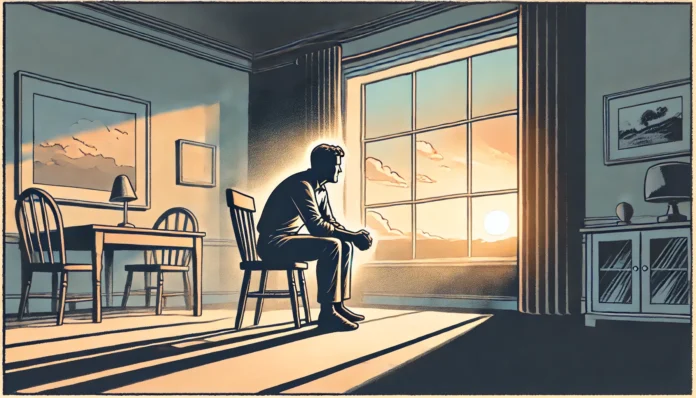Coping with Loss as an Atheist: Finding Comfort Without Heaven
Grief is a universal human experience, but the way we process loss is deeply influenced by our beliefs. For many, religious faith offers the promise of an afterlife, a reunion with loved ones, and a sense of cosmic justice. But what about those who do not believe in heaven, fate, or a higher power? For atheists and secular individuals, coping with loss can present unique challenges—and opportunities for finding comfort rooted in reality, community, and personal meaning.
The Challenge of Grieving Without an Afterlife
Without the framework of religious consolation, atheists may face questions that cut to the core of human existence: What happens when we die? How do we honor those we’ve lost? Where can we find hope and healing? These questions can feel especially acute in cultures where religious narratives dominate conversations about death and mourning.
Yet, as the secular community grows, so too do the resources and strategies for navigating grief without recourse to supernatural beliefs.
Secular Coping Strategies for Grief
1. Finding Comfort in Memories
One of the most powerful sources of solace for atheists is the enduring impact of memories. While the idea of an afterlife may not resonate, the stories, lessons, and love shared with those who have passed continue to shape our lives. Creating memory books, sharing stories, or simply reflecting on cherished moments can help keep a loved one’s influence alive.
2. Leaning on Loved Ones and Community
Grief can be isolating, but it doesn’t have to be. Secular support groups, both online and in-person, provide spaces where nonbelievers can share their experiences without fear of religious platitudes. Local humanist groups and meetups can also be invaluable sources of connection and understanding.
3. Seeking Professional Support
Therapists and counselors trained in secular approaches to grief can offer evidence-based strategies for coping. Cognitive-behavioral therapy (CBT), mindfulness, and acceptance and commitment therapy (ACT) are all effective, non-religious methods for managing the pain of loss. The Secular Therapy Project connects individuals with therapists who respect non-religious worldviews.
4. Creating Meaning Without Religion
For atheists, meaning is not handed down from a higher power—it is created through our actions, relationships, and values. Memorializing a loved one through charitable work, creative projects, or acts of kindness can be a powerful way to honor their legacy.
5. Embracing the Science of Grief
Understanding the psychological and physiological processes of grief can demystify the experience and reduce feelings of isolation. Research shows that grief is a natural response to loss, with stages that may include denial, anger, bargaining, depression, and acceptance. Resources like the Psychology Today Grief Center provide up-to-date information on the science of mourning and recovery.
Addressing Common Myths and Misconceptions
Atheists often encounter well-meaning but misguided comments such as “They’re in a better place” or “Everything happens for a reason.” While these sentiments may comfort some, they can feel alienating to those who do not share religious beliefs. It’s important to communicate boundaries and seek support from those who respect a secular perspective.
Building a Personal Grieving Practice
Without prescribed rituals, atheists have the freedom to create personal practices that reflect their values and relationships. This might include planting a tree, organizing a gathering of friends, or simply taking time for quiet reflection. The key is to find what feels authentic and healing, rather than adhering to external expectations.
Moving Forward with Compassion and Clarity
Grieving as an atheist is not about denying pain or pretending loss doesn’t matter. It’s about facing reality with courage, honoring the lives of those we love, and finding comfort in the connections and memories that endure. By embracing secular strategies and building supportive communities, atheists can navigate loss with resilience and hope—no heaven required.

